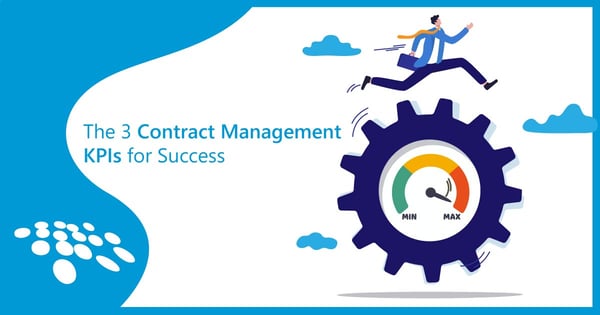
In the business world, contract management is a critical process that ensures organizations fulfill their contractual obligations while minimizing risks and maximizing opportunities
Navigating contractual compliance can be a complex task, requiring careful planning, diligent monitoring, and proactive measures. This article explores key strategies for effective contract management, offering insights into how businesses can navigate contractual compliance successfully.
1. Establishing a Robust Contract Management Framework:
Developing a comprehensive contract management framework sets the foundation for effective compliance. This framework should encompass the entire contract lifecycle, from drafting and negotiation to execution and termination. It should outline roles and responsibilities, define processes and workflows, and establish clear communication channels. By creating a structured framework, organizations can streamline their contract management efforts and ensure consistency in compliance practices.
2. Implementing Centralized Contract Repositories:
Maintaining a centralized contract repository is essential for efficient contract management and compliance. Storing contracts in a secure and easily accessible digital repository allows stakeholders to retrieve and review agreements whenever necessary. This centralized approach improves visibility, reduces the risk of lost or misplaced contracts, and enables quick and accurate monitoring of contractual obligations and milestones.
3. Conducting Thorough Contract Reviews:
Thorough contract reviews play a vital role in understanding the terms, conditions, and obligations outlined in agreements. Before signing any contract, organizations should ensure that they have a clear understanding of the risks, responsibilities, and compliance requirements involved. Legal experts and contract management professionals should collaborate to review contracts, identify potential pitfalls, and suggest necessary amendments or clarifications to ensure compliance.
4. Implementing Effective Monitoring Mechanisms:
Monitoring contractual compliance throughout the agreement’s lifespan is crucial for identifying deviations and taking timely corrective actions. Organizations can leverage technology solutions that automate monitoring processes, track key performance indicators, and generate real-time alerts for critical milestones and obligations. This proactive approach enables organizations to address non-compliance promptly, minimizing the impact on operations and relationships with partners.
5. Establishing Strong Communication Channels:
Open and effective communication channels are essential for successful contract management and compliance. Establishing regular communication channels with contract stakeholders, such as suppliers, vendors, and clients, helps build trust and collaboration. Organizations should encourage ongoing dialogue to address concerns, clarify expectations, and resolve any potential issues related to compliance. Regular communication also ensures that all parties remain informed of any changes or updates to contractual terms.
6. Embracing Technology for Contract Analytics:
Leveraging contract analytics tools can provide valuable insights into compliance performance and identify trends or patterns. Advanced analytics can help organizations identify compliance risks, track adherence to contractual obligations, and identify areas for improvement. By analyzing contract data, organizations can make data-driven decisions to enhance compliance strategies, minimize risks, and optimize contract outcomes.
7. Conducting Regular Compliance Audits:
Regular compliance audits serve as an essential component of effective contract management. Audits help organizations assess compliance levels, identify gaps or areas of improvement, and implement corrective measures. Internal or external audits can uncover potential non-compliance issues, such as deviations from contract terms, inadequate documentation, or improper record-keeping. By conducting regular audits, organizations demonstrate their commitment to compliance and strengthen their overall governance framework.
Conclusion:
Navigating contractual compliance requires a strategic and proactive approach to contract management. By establishing a robust contract management framework, implementing centralized repositories, conducting thorough contract reviews, leveraging technology for monitoring and analytics, fostering strong communication channels, and conducting regular compliance audits, organizations can effectively navigate the complexities of contractual compliance. By prioritizing compliance, businesses can minimize risks, enhance operational efficiency, and build stronger relationships with their contractual partners, ultimately leading to long-term success.
